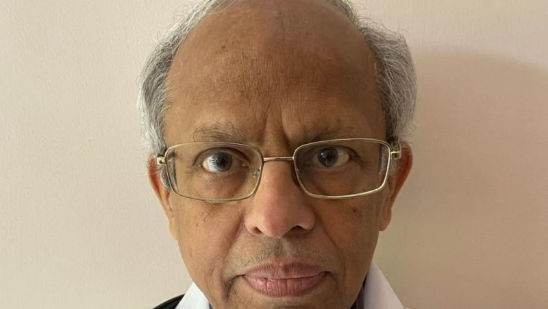General Health
Know Everything About Hypertension: Tips to Lower Blood Pressure Naturally?
7 min read
By Apollo 24|7, Published on - 13 July 2022, Updated on - 16 May 2024
Share this article
0
0 like

Hypertension, also known as high blood pressure, is a long-term condition in which the pressure exerted against the blood vessels walls is consistently higher than normal. To understand this condition better, blood pressure can be measured anytime during the day by a general practitioner or with the help of a digital blood pressure monitoring device for automated readings and a sphygmomanometer for manual readings.
Blood pressure is expressed between two numbers viz. systolic and diastolic. Systolic is the first measurement and this measures the pressure on the arteries against the heart muscles. Diastolic is the second measurement and this measures the pressure of the heart muscles between two consecutive beats. The blood pressure range can be measured by taking a person’s blood pressure at least twice in quick succession to rule out errors in the device or the person’s body state. Medically, an ideal blood pressure reading of a healthy individual male or female is 120/80 mm hg.
Causes of Hypertension
High blood pressure is infamously known as the silent killer because it occurs over a while, sometimes without any symptoms. However, research is suggestive that blood pressure usually occurs either due to genetics or underlying medical conditions such as the following-
- Kidney diseases
- Diabetes
- Lupus
- Thyroid
- Sleep apnea
Risk Factors of Hypertension
- Obesity
- Physical inactivity
- Unhealthy eating habits
- Genetics
Symptoms of Hypertension
- Severe headache
- Vision problems
- Nose bleeds
- Fatigue/dizziness
- Chest pain with palpitation
- Anger
- Restlessness
Tips to Lower Blood Pressure Naturally
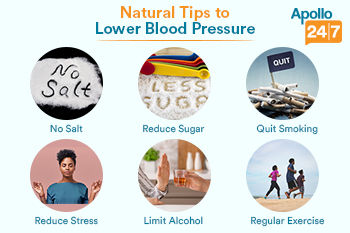
Explore Products To Manage Hypertension
1. Cut back on salt and add potassium
It is well known that high sodium can increase blood pressure. To cut back, doctors recommend patients to avoid adding extra salt to foods for satisfying taste buds. In addition, avoid foods that are high in salts, such as potato chips and bacon. Also, cut back on prepared foods such as ready-to-eat microwavable meals, canned soups and meats. Instead, high-potassium foods, such as bananas and sweet potatoes, can be substituted to offset the effects of sodium to help control and keep the pressure down.
2. Limit foods rich in sugars and carbohydrates
Studies are suggestive that restricting foods rich in high sugars and carbohydrates can help you lose weight and also lower your blood pressure. Sugar, especially fructose present in processed and high sugar foods can similarly increase blood pressure levels like salt. According to a review conducted in 2014, the trials suggested that sugar increased blood pressure by 5.6mm hg diastolic and 6.9 mm hg systolic.
A 2020 study that compared various popular diets found that people who had more weight or were obese were given a low-fat diet that lowered their diastolic blood pressure by an average of about 5 mm Hg and their systolic blood pressure by 3 mm Hg after 6 months. To reap maximum benefits add more proteins to your diet than sugar or unhealthy fats to see a visible reduction in blood pressure levels.
3. Quit smoking
Did you know that each cigarette a person smokes has an immediate effect on increasing blood pressure? However, the good news is that quitting helps blood pressure return to normal, regardless of a person’s age or smoking history. Hence, if you smoke you are highly recommended to join smoking cessation classes to get rid of the habit as soon as possible.
4. Reduce stress
Research suggests that stress hormones constrict blood vessels and may lead to temporary spikes in blood pressure. Furthermore, stress can lead to unhealthy habits, such as overeating or poor sleep, which can also increase blood pressure. Daily meditation, yoga, deep breathing sessions, and regular exercise can help control stress.
5. Limit alcohol intake
Three or more drinks in one day can temporarily increase blood pressure. For best results, moderate alcohol consumption is two drinks a day for men younger than 65, one drink a day for men aged 65 and older, and one drink a day for women of any age. This will not only keep blood pressure issues in control but will also help in keeping many diseases at bay!
6. Get regular exercise
Exercise is a great way for not only strengthening your entire body but also your heart. A strong heart can work more efficiently to pump blood, which can impact high blood pressure levels. Patients looking to prevent hypertension or reduce elevated blood pressure levels should aim to exercise 4 times per week for 30 to 60 minutes. Activities should be of moderate intensity and can include walking, jogging, cycling, or swimming. Studies show that higher intensity exercise is not more effective for the prevention or reduction of hypertension in comparison to moderate intensity. Hence, don’t overdo cardio exercises stick with moderate-intensity exercises such as brisk walking, swimming, etc.
7. Eat or consume garlic water
One way of consuming garlic is by infusing it in water. Soak garlic cloves and drink the water throughout the day. Garlic water is a natural way to regulate blood pressure as it stimulates the production of nitric oxide. This is a gas with a strong vasodilation effect, which helps blood circulation and decreases pressure on the heart. In addition, eating slices of raw garlic is also great for maintaining cardiovascular health, since it has incredible antioxidant properties that protect the blood vessels.
8. Lose 5 kgs or 10 pounds
Did you know weight loss can help decrease the number of doses of medications that are needed to control high blood pressure? Sometimes, reducing 5 kgs or approximately 10 pounds can allow us to take control of blood pressure entirely. This can be a great motivating factor since most patients are very excited to simplify their medication regimen and avoid medicinal side effects.
9. Switch to DASH diet
Studies suggest the DASH diet is widely recommended for the prevention and treatment of hypertension in adults. This diet involves the reduction of saturated fat and cholesterol and emphasises the importance of fruits, vegetables, and low-fat dairy products in daily meals. Patients should aim to incorporate dietary and soluble fiber, whole grains, and protein from plant sources into every meal. Patients who have been diagnosed with high blood pressure may be advised to additionally reduce their potassium intake, as increased potassium levels contribute to high blood pressure.
10. Consume valerian tea
Valerian roots have excellent calming and relaxing properties that help improve blood circulation. In addition, valerian tea acts directly on the GABA neurotransmitter, which can help those who suffer from frequent anxiety attacks and as a result, have high blood pressure.
11. Sip hibiscus tea
Hibiscus is a plant that is very popular amongst those who want to lose weight, however, this plant can also help reduce blood pressure effectively. This is because of its rich composition in anthocyanins, which are flavonoids that help regulate blood pressure. Hence, one must consider sipping hibiscus tea for not only blood pressure, but also as a health-promoting beverage.
12. Cut back on caffeine
It is not an unknown fact that caffeine raises blood pressure, however, temporarily. Hence, it should be avoided if you are prone to a spike in blood pressure levels suddenly. Some people are more sensitive to caffeine than others. One should try decaffeinated coffee or cut back caffeine completely to keep blood pressure in control.
13. Never miss your medications
You may face serious complications if you have missed your blood pressure medications. Hence, you are recommended to keep taking medications (as per the doctor's advice) along with trying out home remedies.
When to See a Doctor?
- When you have a condition known as a hypertensive crisis- when your blood pressure reading is 180/120 mm hg or higher. Consult a doctor without any further delay.
- Sudden severe headache for 1-2 days
- Nosebleeds and dizziness
- Chest pain with difficulty in breathing
- Extreme restlessness
Takeaway
Hypertension (hypertension) can happen due to faulty eating habits, leading stressful lifestyles and genetics. However, when left untreated high blood pressure can cause kidney damage, stroke and heart attack. Hence, doctors recommend not ignoring blood pressure issues, especially high blood pressure. In case you are facing challenges despite taking medicines. Do not hesitate to consult a doctor.
General Health
Consult Top Cardiologists
View AllDr. Anand Ravi
Leave Comment
Recommended for you
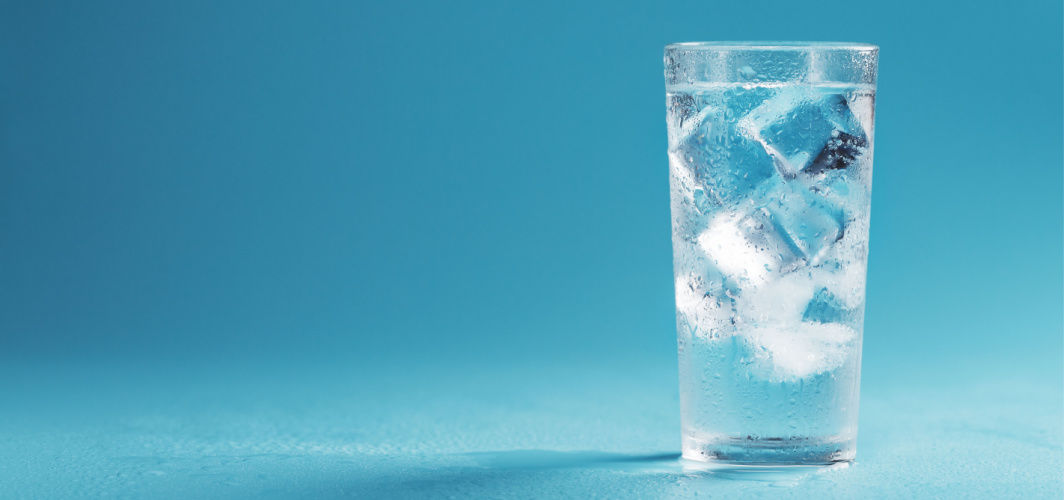
General Health
Is Drinking Ice-Cold Water Bad For Your Health?
Both cold and warm water can keep you hydrated and promote digestion, with no conclusive evidence to suggest that cold water is bad for the body. Read to know more.
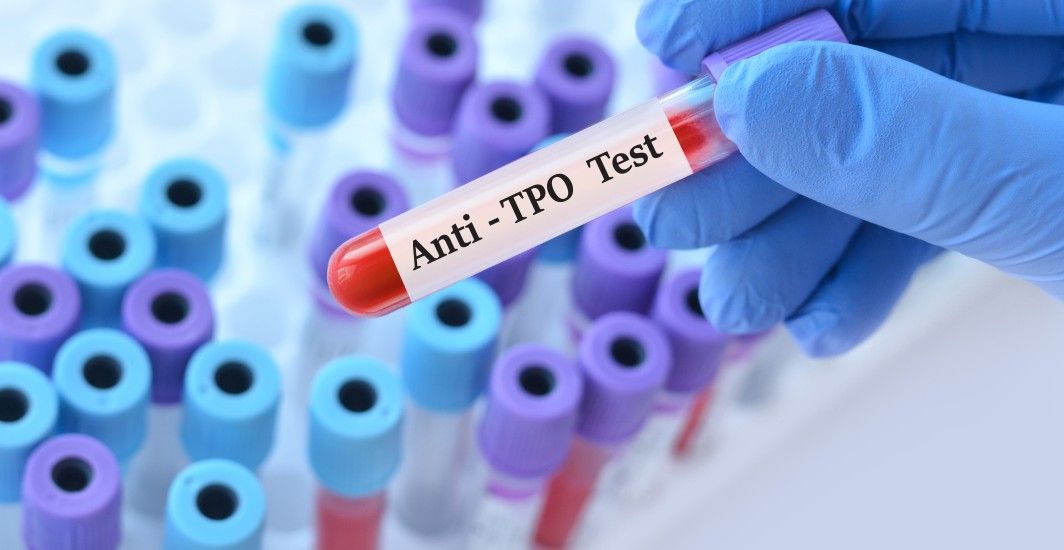
General Health
Anti-TPO Test – Normal Range, Purpose, Procedure and Results Interpretation
Discover everything about the Anti-TPO Test, including its normal range, purpose, procedure, and how to interpret your results. Learn what abnormal Anti-TPO levels could mean for your thyroid health.
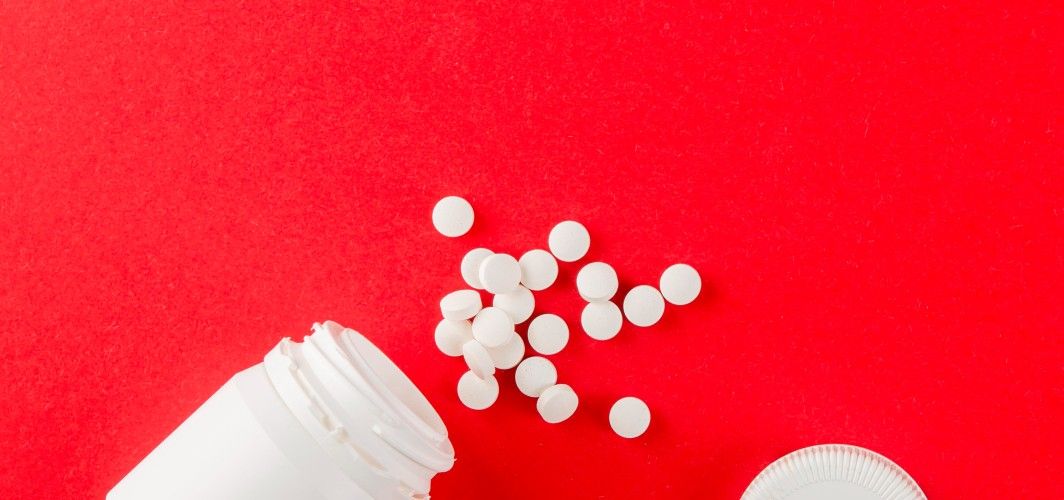
General Health
I want to get my periods immediately. Suggest medicine for me to get periods within a day.
Subscribe
Sign up for our free Health Library Daily Newsletter
Get doctor-approved health tips, news, and more.
Visual Stories

The Best Exercises for Controlling Blood Sugar Levels
Tap to continue exploring
Recommended for you

General Health
Is Drinking Ice-Cold Water Bad For Your Health?
Both cold and warm water can keep you hydrated and promote digestion, with no conclusive evidence to suggest that cold water is bad for the body. Read to know more.

General Health
Anti-TPO Test – Normal Range, Purpose, Procedure and Results Interpretation
Discover everything about the Anti-TPO Test, including its normal range, purpose, procedure, and how to interpret your results. Learn what abnormal Anti-TPO levels could mean for your thyroid health.

General Health


